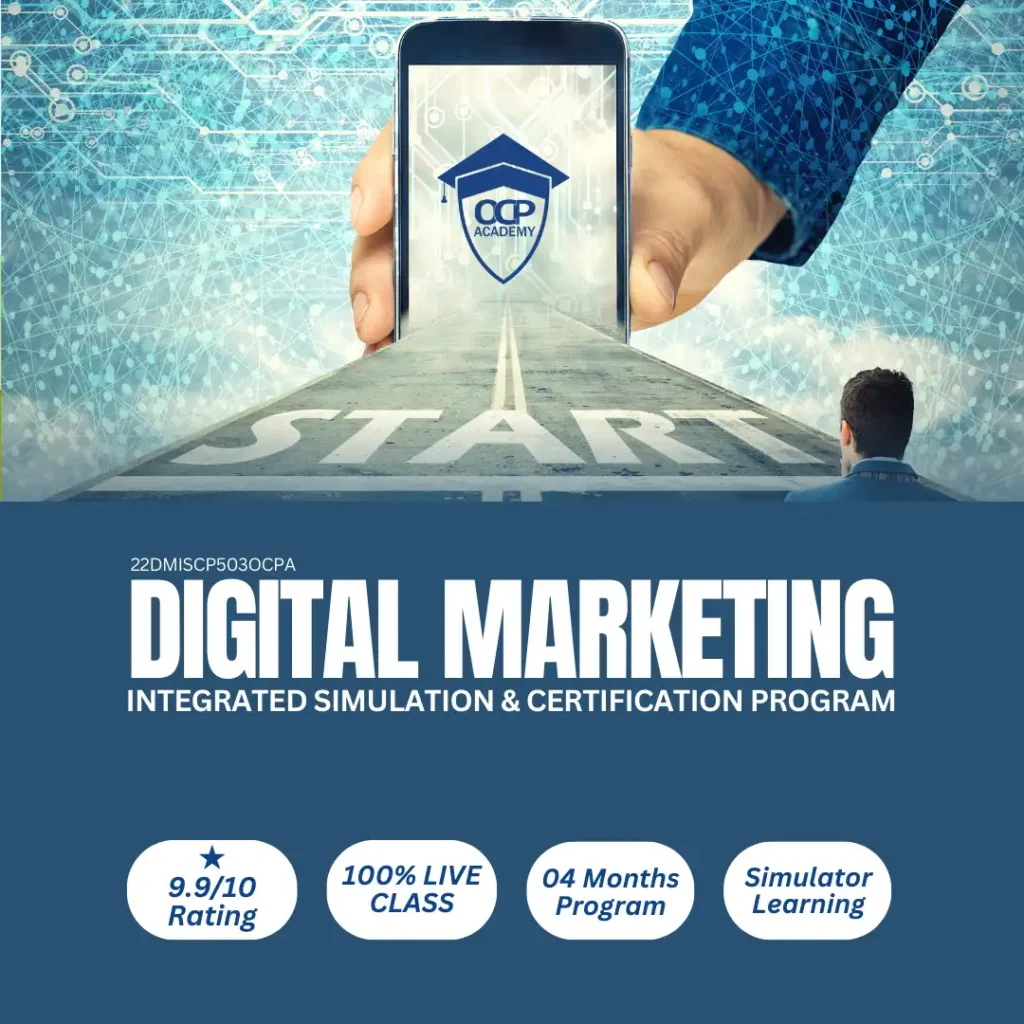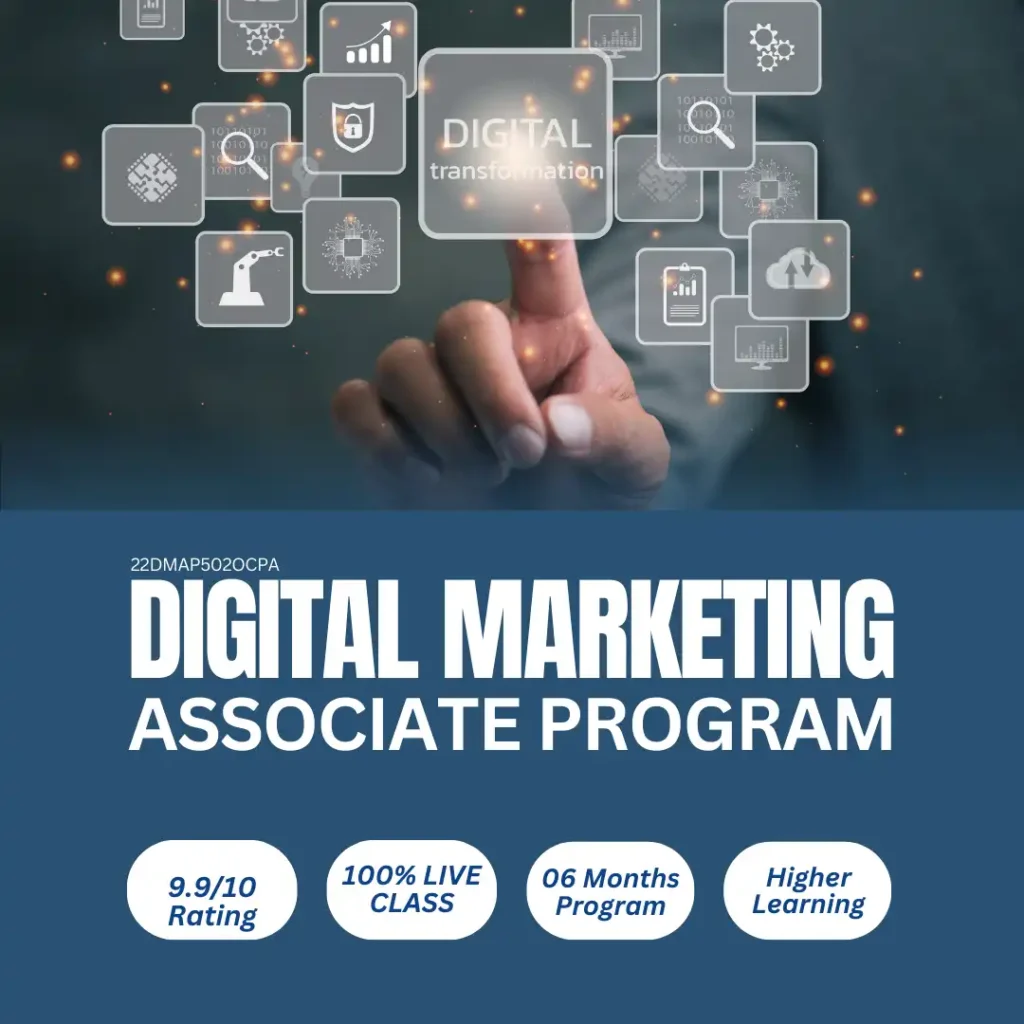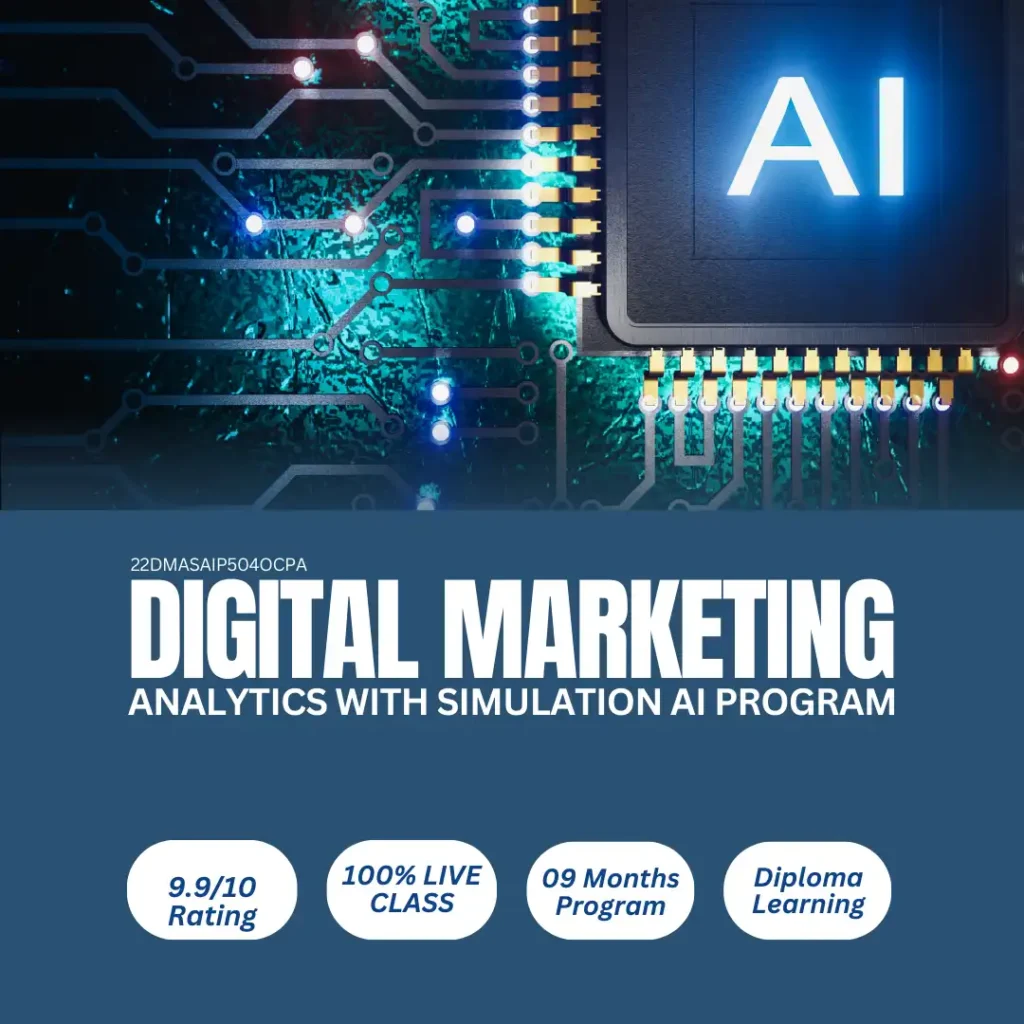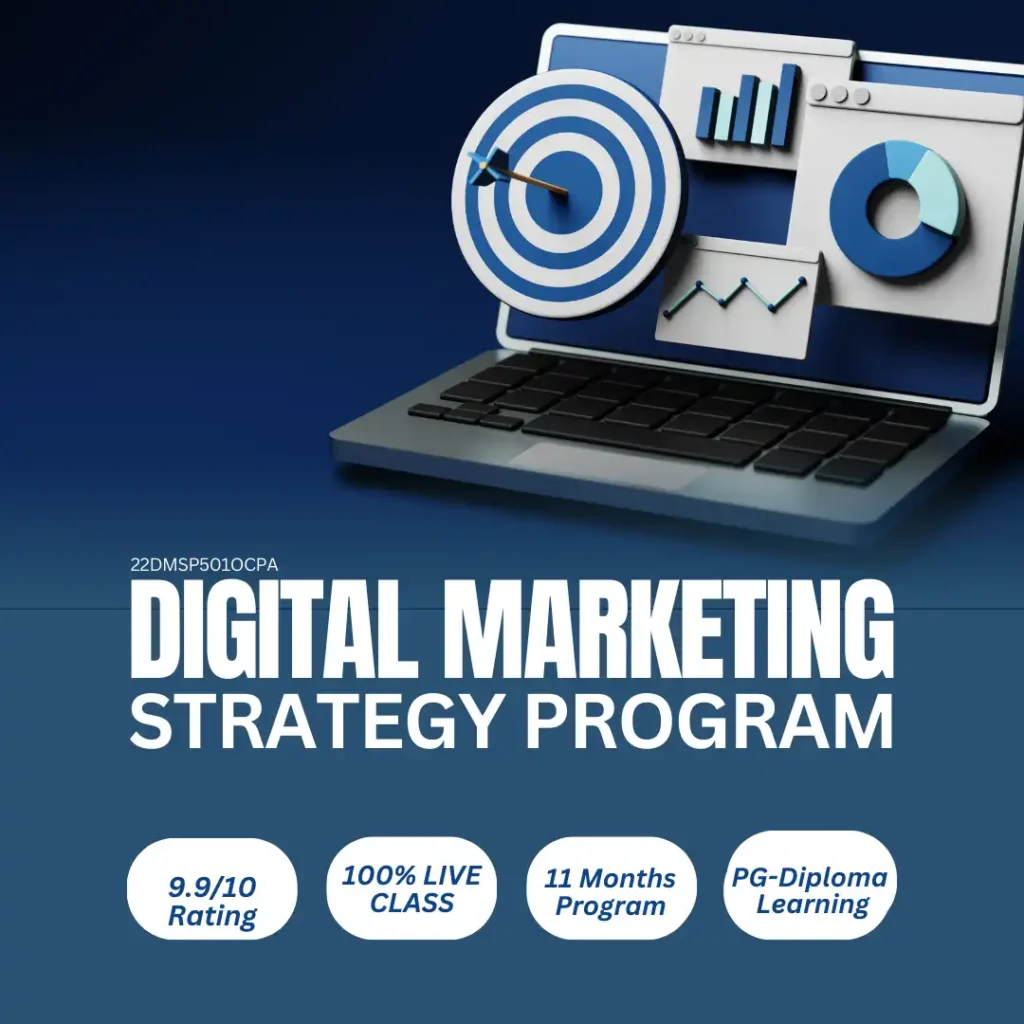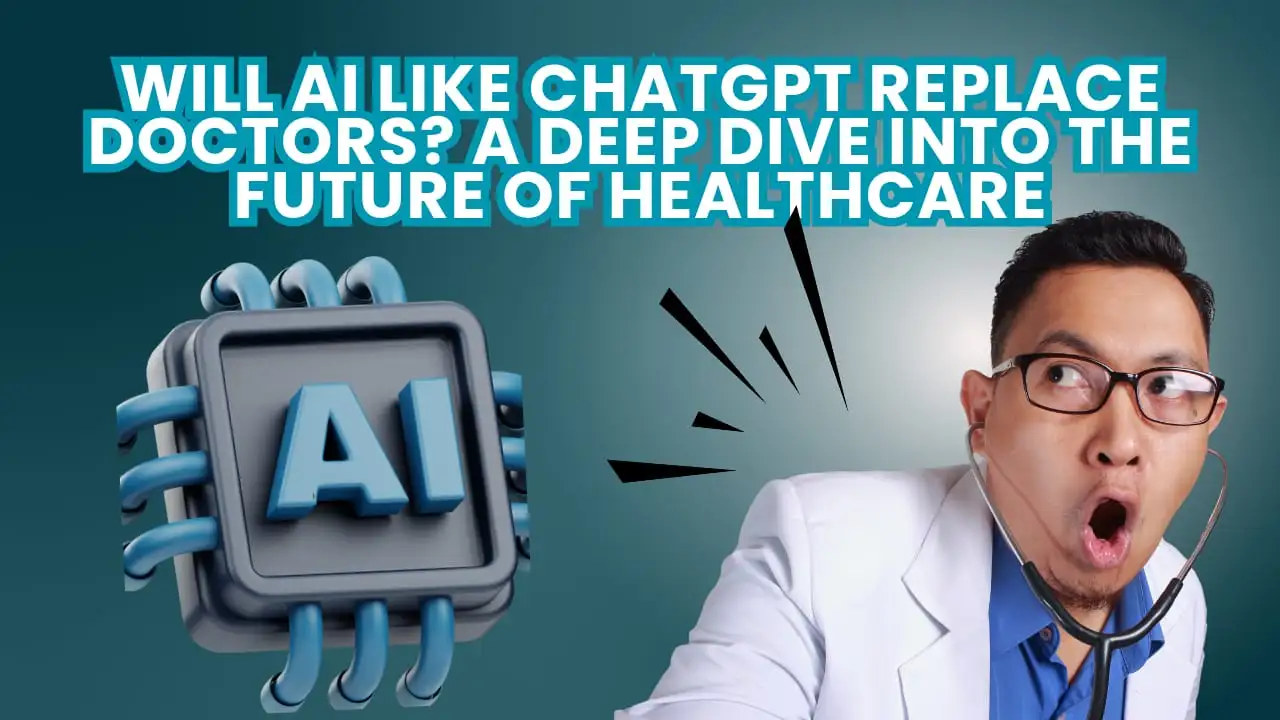
As artificial intelligence continues to advance, many are asking a powerful question: will the future of medicine still include doctors as we know them? From diagnosing illnesses to managing patient care, AI tools like ChatGPT are making headlines with their growing role in healthcare. But beneath the excitement lies a deeper concern—can an algorithm truly understand human pain, fear, or hope? Healthcare is more than data and diagnoses. It’s about trust, empathy, and connection. In this blog, we explore what AI can do in medicine, what it can’t, and why the human touch remains irreplaceable—especially when it matters most.
Table of Contents
Sr. Headings
1. Introduction
2. Current Capabilities of AI in Medicine
3. Opportunities for Augmentation
4. Limitations and Risks
5. Ethical and Regulatory Considerations
6. Balancing Efficiency and Humanity
7. Future Outlook
8. FAQs: AI in Healthcare
9. Conclusion
10. Explore OCP Academy’s Digital Marketing Programs

Introduction
Artificial Intelligence (AI) is advancing rapidly, leaving no industry untouched—including healthcare. Tools like ChatGPT have demonstrated impressive capabilities in processing medical data, interpreting clinical texts, and even passing parts of standardized exams. But does this mean AI can replace human doctors?
The answer is more nuanced than a simple yes or no. While AI is revolutionizing medical systems and creating efficiencies, it still struggles to grasp the full complexity and emotional depth of clinical practice. As we look ahead, one thing becomes increasingly clear: AI is poised to augment, not replace, human physicians.
Current Capabilities of AI in Medicine
Artificial intelligence has already become a valuable ally in clinical settings. AI tools can now suggest tests and treatments in real time, assist in listening to doctor–patient conversations, and even draft clinical notes, thereby reducing the administrative burden on healthcare professionals. According to Harvard Health, these advancements are already showing promise in streamlining workflows.
Large language models like ChatGPT have even been tested on the U.S. Medical Licensing Examination, displaying the ability to reason through clinical scenarios with moderate success. Though not on par with licensed physicians, ChatGPT has demonstrated a potential for generating plausible differential diagnoses and summarizing evidence-based recommendations. A recent study published on SpringerLink positions such AI tools as early-stage clinical decision-support systems.
Beyond diagnostics, AI is also making waves in medical education. Systematic reviews highlight how AI is transforming training environments—introducing interactive simulations, personalized learning paths, and automated assessments. Platforms like BioMed Central stress that AI could become a staple in future medical curricula.

Current Capabilities of AI in Medicine
Far from replacing doctors, AI offers significant opportunities for enhancing their capabilities. A recent survey by the American Medical Association revealed that 66% of physicians now use AI in their practice, up from just 38% the year prior. Most applications include image analysis, triaging patients, and handling back-end tasks such as billing and documentation.
By automating these repetitive functions, AI can help reduce clinician burnout—one of the most pressing issues in modern healthcare. This allows doctors to redirect their time and energy toward what truly matters: meaningful patient interactions. Business Insider reports that this shift is already improving care delivery and job satisfaction among healthcare professionals.
Moreover, AI tools are contributing in areas like remote monitoring and mental health support. These tools offer consistent follow-ups, symptom tracking, and automated alerts—especially valuable in rural or under-resourced settings where clinician availability is limited. As noted by Frontiers, AI can act as a bridge in systems stretched thin.
Limitations and Risks
Despite its strengths, AI remains limited in several key areas. For instance, ChatGPT and similar models lack hands-on clinical experience. They also struggle with interpreting visual data—like radiographs or histology slides—that require years of specialized training.
In one revealing test involving 150 real-life case studies, GPT-3.5 correctly identified the primary diagnosis less than half the time. This rate was not only significantly below that of experienced physicians, but also barely better than random chance, according to Live Science. These limitations make it clear: AI should not be used in isolation for clinical decision-making.
There’s also the risk of bias. AI systems learn from data, and if that data reflects existing disparities in care, it can perpetuate or even exacerbate healthcare inequalities. ScienceDirect has raised alarms about the consequences of using biased algorithms in clinical settings.
A notable anecdote involved a new mother who credited ChatGPT with helping identify a rare disease in her child. While impressive, this is the exception—not the rule. AI may assist with preliminary analysis, but it is not a substitute for professional medical judgment, as highlighted by Parents Magazine.
Ethical and Regulatory Considerations
As AI applications in healthcare grow, so do ethical and regulatory challenges. In the U.S., the Food and Drug Administration (FDA) regulates AI-based tools under its Software as a Medical Device (SaMD) framework. But continuous-learning AI models—those that evolve over time—don’t fit easily into traditional approval pathways.
This regulatory gap has experts calling for more flexible and adaptive oversight. According to Forbes and BiologyInsights, evolving standards must ensure AI tools are safe, effective, and accountable. There are also concerns about informed consent. Many patients may not even realize AI has influenced their diagnosis or treatment plan, potentially undermining trust and autonomy.
Policymakers and researchers alike are pushing for global regulatory standards, post-market monitoring, and greater transparency to manage these fast-moving technologies responsibly, as pointed out by Essert.
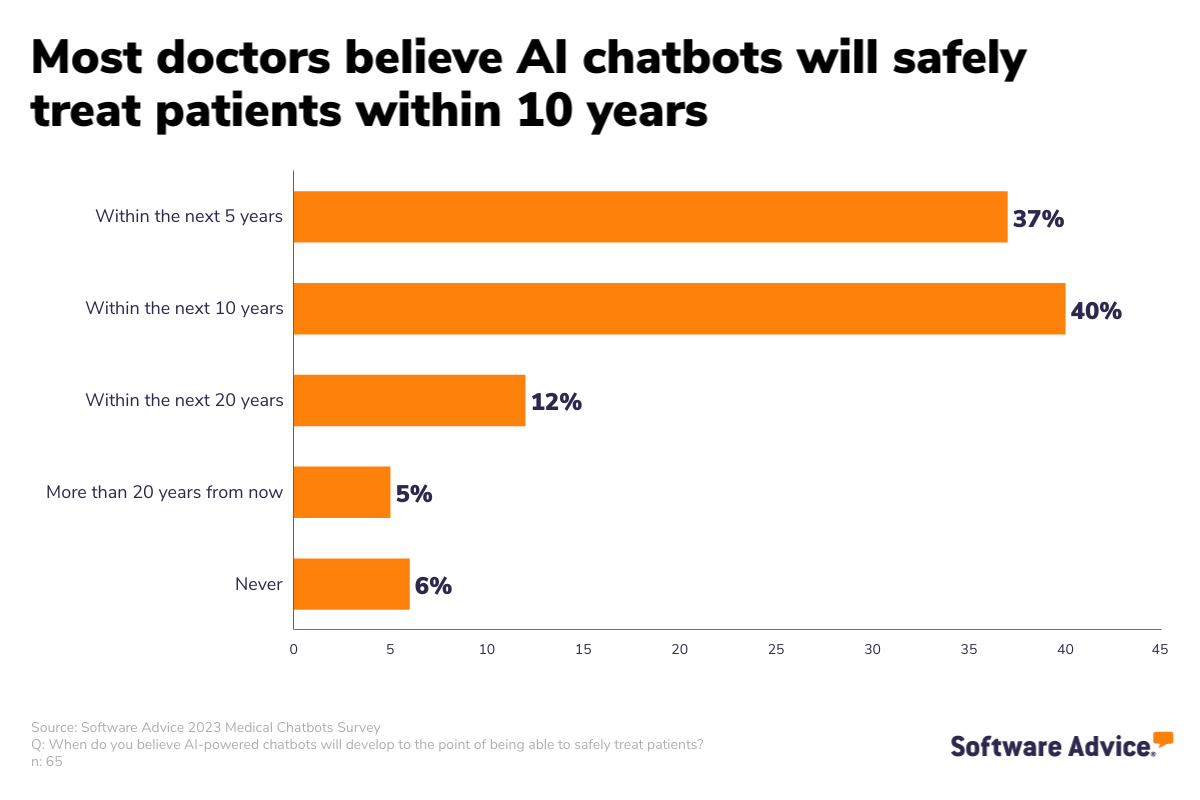
Balancing Efficiency and Humanity
One of AI’s greatest strengths lies in pattern recognition and processing vast amounts of data. But what it lacks is equally important: empathy, intuition, and contextual understanding.
A doctor’s role extends beyond diagnosing. Physicians provide emotional support, interpret unspoken cues, and build relationships over time. According to the Sacramento Bee, even in specialties where AI has shown promise—like cancer screening—doctors continue to outperform machines in overall patient care when combining clinical expertise with AI-generated insights.
Healthcare is not just a science—it’s a deeply human practice. The future, therefore, belongs to clinicians who can integrate AI as a tool, not fear it as a threat.
Future Outlook
Looking ahead, the partnership between AI and doctors will only grow stronger. AI will provide real-time diagnostic suggestions, analyze genetic data for personalized treatment, and offer continuous medical education through interactive platforms. Reports from Citi suggest this evolution will empower physicians like never before.
However, for this transformation to be successful, investment is needed in clinician training, public awareness, and robust legal frameworks. Ensuring that AI stays supportive, ethical, and human-centered is the key to unlocking its full potential.

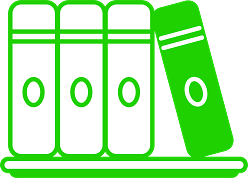
ChatGPT can offer possible conditions based on data, but it should never replace a doctor’s evaluation.
Yes, many leading hospitals in India have adopted AI tools for radiology, electronic records, and patient management.
No. It will shift some responsibilities but increase the demand for AI-literate clinicians.
AI enhances efficiency, improves diagnostic speed, and makes care more accessible.
When used properly and under supervision, yes. But continuous regulation is crucial.
Conclusion
When you understand how to sell—whether it’s a product, a service, or your own idea—you gain power. Power to earn. Power to influence. Power to grow. Sales jobs aren’t going anywhere. In fact, they're evolving, expanding, and paying more than ever—especially for those who master digital marketing. So if you’re ready to take the next step, don’t wait. 👉 Visit OCPAcademy.com and explore the perfect course for you.
Looking to future-proof your skills in the age of AI and digital transformation? Explore our expertly crafted digital marketing programs at OCP Academy:
Digital Marketing Integrated Simulation & Certification Program
🔹 Duration: 4.5 Months
🔹 Ideal For: Job Seekers, Career Switchers
🔹 Outcome: Hands-on Skills, Real-time Simulation
🔗 View Course Details
Digital Marketing Associate Program
🔹 Duration: 6 Months
🔹 Ideal For: Professionals, Freelancers, Part-Time Workers
🔹 Outcome: Advanced Certificate, Strategy + Execution
🔗 View Course Details
Digital Marketing & Analytics With Simulation AI Program
🔹 Duration: 6–9 Months
🔹 Ideal For: Entrepreneurs, Marketing Leads
🔹 Outcome: Data-Driven Marketing, Analytics, Sales Optimization
🔗 View Course Details
Digital Marketing Strategy Program (Certified from Foreign University)
🔹 Duration: 9–11 Months
🔹 Ideal For: Managers, International Career Aspirants
🔹 Outcome: Postgraduate Diploma, Strategic Planning
🔗 View Course Details
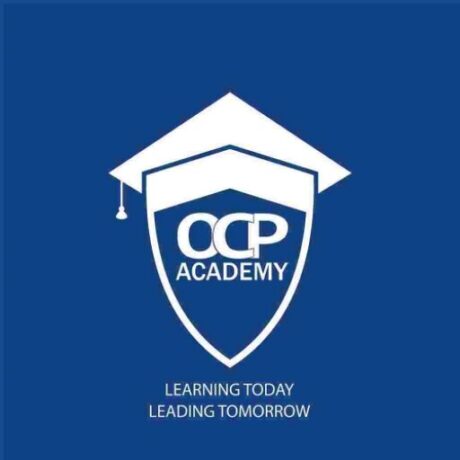
OCP Academy
(A Unit of OCP Foundation)
Learning Today, Leading Tomorrow
OCP Academy
OCP Academy is a premier EdTech platform in India, renowned for its comprehensive online courses in various domains such as Digital Marketing, E-commerce, Social Media, Artificial Intelligence (AI), Analytics, Business, Content Marketing, Email Marketing, Website Designing, Branding, SEO, and SEM. The academy operates under the OCP Foundation, with a strong emphasis on practical learning through real-world projects and simulations. Key Highlights: 1. Practical Learning: OCP Academy’s courses are designed to provide hands-on experience, ensuring that learners gain industry-relevant skills. 2. Expert Mentorship: Learners have access to live sessions and can interact with mentors who are industry leaders and experts. 3. Community: Beyond just a learning platform, OCP Academy fosters a community of learners and professionals, encouraging networking and collaboration. 4. Flexible Learning: The academy offers flexible learning options, including self-paced courses and live online sessions, catering to the diverse needs of students, working professionals, entrepreneurs, and more. 5. Global Recognition: Certificates from OCP Academy are recognized globally, adding significant value to the learners’ resumes. Located in India, OCP Academy is committed to empowering individuals by providing them with the skills and knowledge needed to excel in their careers. Whether you’re looking to upskill, switch careers, or simply expand your knowledge, OCP Academy offers a range of programs to help you achieve your goals.
Website : https://ocpacademy.com
Recent Posts
- What’s Holding You Back From the Career You Deserve – Could It Be a Lack of OCP Academy’s Expertise?
- Empowering AI Learning: Community and Collaboration at OCP Academy
- Top 7 Reasons to Choose OCP Academy for Your Digital Marketing Certification in 2025
- Bridging AR and Social Media: How OCP Academy Teaches Creating Interactive Digital Campaigns
- Are You One Skill Away from a Promotion – and Is It the One OCP Academy Teaches?
Archives
Categories
- Admission
- Admissions & Enrollment
- AdTech & MarTech EcoSystem
- Aerospace & Defense Technology
- Agency Growth
- AI in Education
- AI in Marketing
- Animation
- AR content creation
- AR filter training
- AR in advertising
- AR Technology
- AR training institute India
- AR, VR, MR, XR
- Artificial Intelligence
- Artificial Intelligence Education
- Asia-Pacific Security
- Audience Engagement
- Augmented reality trends
- B2B Growth
- B2B Marketing
- Brand Building for Engineers
- Brand Digital Presence & Optimization
- Brand Strategy
- Business & Startups
- Business Expansion
- Business Innovation
- Business Intelligence
- Career & Placement
- Career Advice
- Career Change & Upskilling
- Career Developmen
- Career Development
- Career Growth
- Career Guidance
- Career In Digital Marketing
- Career Skills Development
- Career Transformation
- Case Studies
- Certification Programs
- Certifications
- Chandrayaan
- ChatGPT
- Client Acquisition & Retention
- Client Management
- Client Relationship Management
- Collaborative Learning
- Construction Business
- Consumer Awareness
- Content Marketing
- Content Marketing Insights
- Content Strategy
- Corporate Social Responsibility (CSR)
- Cross-Cultural Communication
- Current Affairs
- Customer Engagement
- Customer Experience
- Customer Journey
- Customer Relationship Management (CRM)
- Cyber Threat Intelligence
- Cybersecurity
- Data Analytics
- Data Science
- Data Science in Marketing
- Data-Driven Marketing
- Database Technologies
- Defense
- Digital Career Readiness
- Digital Careers & Opportunities
- Digital Marketing
- Digital Marketing Courses
- Digital Marketing Education
- Digital Marketing Foundation
- Digital Marketing Freelancing Business
- Digital Marketing Skills
- Digital Marketing Strategies
- Digital marmeting
- Digital Skills Development
- Digital Skills Training
- Digital Transformation
- Digital Trust
- Display Marketing
- Doctor
- E-commerce
- E-Commerce & Online Services
- E-Commerce Management
- E-commerce Marketing
- E-Learning
- E-learning Accreditation
- E-Learning Opportunities
- E-learning Platforms
- Eco-Friendly Business Practices
- Editorial & Opinion
- EdTech
- EdTech Industry Insights
- EdTech Reviews
- EdTech Training Programs
- EdTech Trends
- Education
- Education & Learning
- Education Marketing
- Education Sector Insights
- Education Technology
- Education Technology (EdTech)
- Education,
- Educational Institutions
- Effective Email Marketing
- Email Marketing
- Email Marketing Techniques
- Emerging Technologies for Digital Marketing
- Engineering Business
- Engineering Innovations
- Entertainment
- Entertainment Branding
- Entertainment Marketing
- Entrepreneurship
- Entrepreneurship & Digital Growth
- Environment & Climate
- Farming & Agriculture
- Film Industry
- Film Industry Insights
- Film Marketing
- Freelancer Marketing Tips
- Freelancing
- Fundamentals of Social Media
- Future of Business
- Future of Digital Marketing
- Future Trends
- Gambling
- Geopolitics
- Global Marketing
- Green Technology
- Growth Hacking for Apps
- Growth Marketing
- Healthcare Marketing
- Human Rights & Conflict
- iGaming
- Immersive Technologies
- Impact of COVID-19
- Inbound Marketing
- India
- India-Pakistan Relations
- India’s Armed Forces
- Indian
- Indian Defense
- Indigenous Defense Development
- Industry Case Studies
- Industry Insights
- Industry-Relevant Training
- Influencer Marketing
- Information Security News
- Information Technology
- Infrastructure
- Intelligence and Espionage
- Interactive user experience
- International Business
- International Defense Cooperation
- Internship
- IT Industry Insights
- IT Jobs & Careers
- Jammu & Kashmir
- JOB
- Job-Oriented Courses
- Jobs
- Kashmir Conflict
- kasyno online automaty
- Lead Generation
- Lifelong Learning
- local business
- Local Business Growth
- local SEO
- Local SEO for Schools
- Local SEO Strategies
- Manufacturing
- Marketing Automation
- Marketing Certifications
- Marketing Courses in India
- Marketing Education
- Marketing for Institutions
- Marketing Leadership Programs
- Marketing Metrics & KPIs
- Marketing Strategies
- Marketing Strategy
- Marketing Technology
- Marketing Technology (MarTech)
- Marketing Tools
- Marketing Trends
- Marketing Trends 2025
- Media & Broadcasting
- Media & Entertainment
- Mentorship
- Mentorship in Tech
- Mentorship Programs
- Meta Spark AR learning
- Military Operations
- Military Strategy
- Military Technology
- Missile Technology
- Mobile App Marketing
- Mobile Apps & Innovation
- Mobile Commerce
- Mobile Tools
- Movie Promotions
- National News
- National Security
- new
- News Industry Trends
- OCP Academy
- OCP Academy courses
- OCP Academy Insights
- Off-Site SEO
- On-Site SEO
- Online Advertising
- Online Branding
- Online Courses
- Online Digital Marketing Certificate Programs
- Online Journalism
- Online Learning
- Online Learning Platforms
- Online Learning Programs
- online marketing
- Online Reputation Management
- Online Safety & Scams
- Parent Engagement
- Parenting & Technology
- Performance Marketing
- Personal Development
- Politics & Policy
- Post Graduate Digital Marketing Course
- PPC Ads
- Professional Certification
- Professional Development
- Professional Growth
- Professional Training & Certification
- Professional Training Programs
- Ratan Tata
- Real-time user engagement
- Real-World Applications
- Realstate
- Reel
- Remote Client Management
- Sales
- School Growth Strategies
- Search Engine Marketing
- Search Engine Optimization
- SEO
- SEO & Search Marketing
- SEO & Search Strategy
- SEO for Engineers
- shopkeeper
- Shorts
- Skill Development
- Skill Enhancement
- Skill-Based Learning
- Skills Development
- Small Business
- Small business growth
- Small Business Tips
- Snapchat Lens Studio tutorials
- Social Media
- Social Media Engagement
- Social media innovation
- Social Media Marketing
- Social Media Strategy
- South Asia
- South Asian Security
- Space Science
- Startup Hub
- Startup India
- Startup Marketing
- Stock Market
- Student Resources
- Student Success Stories
- Sustainability
- Tech-Driven Careers
- Technology
- Technology in Media
- Technology Trends
- Terrorism & Security
- The Path to Digital Journey
- Tourism & Economy
- Trending Technologies 2025
- Uncategorized
- Urban Mobility
- User Experience (UX)
- Video Marketing
- Visual storytelling with AR
- Web Analytics & Metrics
- Web Design
- Workshop Highlights & Webinars
- XR in marketing
- YouTube

